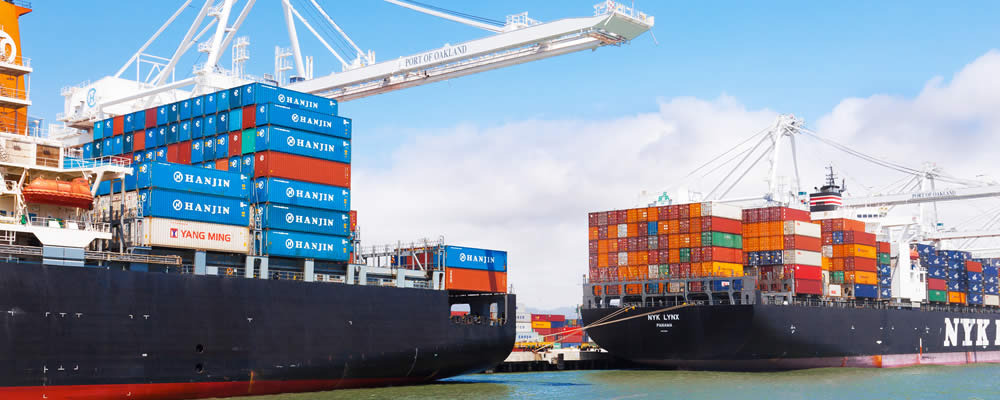Confidence in the Euro remained relatively limited in the wake of European Central Bank (ECB) President Mario Draghi’s appearance before the Dutch parliament.
The latest ECB Economic Bulletin supported his relatively dovish comments on monetary policy, indicating that interest rates are likely to remain at their current lows for some time to come.
Although the Eurozone economy continues to demonstrate signs of robust strength policymakers remain unconvinced that there is enough evidence of a meaningful uptick in inflationary pressure.
This kept the single currency generally under pressure on Thursday, although the Euro Pound exchange rate returned to an uptrend.
Sterling slumped markedly in response to the latest raft of UK data, meanwhile, with both production and trade figures disappointing across the board.
An unexpectedly sharp widening of the visible trade deficit particularly concerned markets, with the deficit expanding to -13.44 billion in March.
With any significant benefit from the post-referendum depreciation of the Pound still yet to materialise confidence in the economic outlook faltered.
As the economy looks to have come under greater pressure than previously thought in the first quarter the appeal of Sterling consequently weakened.
Investors are also reluctant to buy into the Pound ahead of the latest Bank of England (BoE) policy meeting and the publication of the quarterly Inflation Report.
Although noted hawk Kristin Forbes is expected to vote to raise interest rates immediately the outlook of the rest of the Monetary Policy Committee (MPC) is unlikely to have shifted.
As researchers at RBC Capital Markets noted:
‘Since the February Inflation Report, growth has disappointed expectations a little and inflation has exceeded the Bank’s forecast a little. This makes the trade-off faced by the MPC trickier, but we expect that the core neutral stance will hold this time.’
Any signs that other policymakers could be moving towards a more hawkish view on monetary policy could put pressure on the EUR GBP exchange rate, however.
If the Inflation Report points towards a faster pick-up in inflationary pressure over coming months this could encourage Pound strength, increasing the pressure on the BoE to tighten policy.
A rallying point could be in store for the Euro, though, if the first quarter German gross domestic product report indicates a further strengthening of the Eurozone’s powerhouse economy.
Forecasts predict a solid uptick in growth from 0.4% to 0.6% on the quarter, a solid showing which could boost market confidence.
On the other hand, any shortfall either here or in March’s Eurozone industrial production figures could see the EUR GBP exchange rate ceding some of its recent gains.
Current EUR GBP Interbank Exchange Rates
At the time of writing, the Euro Pound exchange rate was trending higher at 0.8410. Meanwhile, the Pound Euro exchange rate was slumped in the region of 1.1890.



